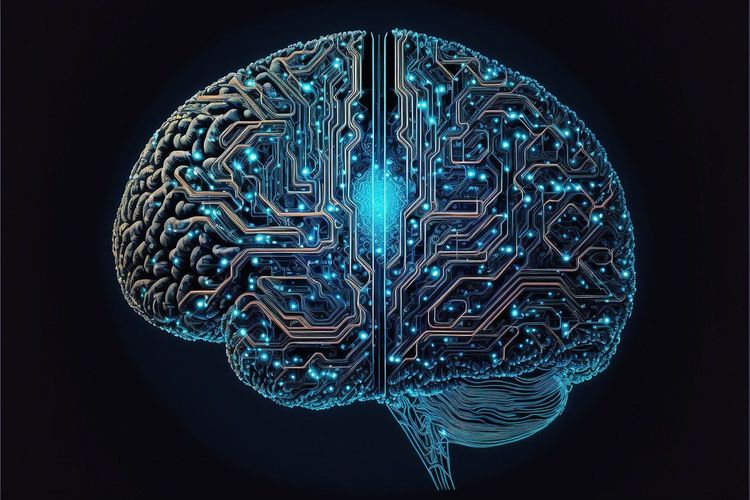Microsoft has just reached a significant milestone, becoming the second most valuable company in the world with its stock closing above a remarkable $3 trillion market value for the first time. Shares ended the day at $404.87, marking a 0.6% increase from the previous day when it first crossed this impressive threshold. Currently, Microsoft holds the title of second only to Apple, which achieved this milestone last June.
Known as a leader in generative AI, Microsoft has made significant strides in the technology sector, thanks in large part to its substantial investment of $13 billion in OpenAI and its exclusive partnership with Azure, OpenAI's cloud platform that powers the well-known ChatGPT.
Within the rarefied trillion-dollar market valuation club, several other companies are also emerging as AI powerhouses. Google, another major player in the AI landscape, has a market capitalization that hovers just under $2 trillion. Meta, the social media giant, is positioning itself to take the lead in open-source AI models and has seen its market cap rise slightly above $1 trillion. Although it was part of the trillion-dollar club in 2021, Meta faced challenges that impacted its valuation.
Amazon, a leader in the cloud computing space, is backing its AI ambitions with a significant $4 billion investment in Anthropic, a key rival to OpenAI. This investment keeps Amazon's market cap at an impressive $1.6 trillion. Additionally, Nvidia, which dominates the market for advanced AI chips, rejoined the trillion-dollar club last May, boasting a market capitalization of $1.5 trillion.
Interestingly, while Apple has taken a backseat in the generative AI race, reports suggest it has been actively acquiring companies and building a team to bolster its capabilities in this burgeoning field.
A noticeable gap exists between the trillion-dollar AI contenders and other significant companies in the sector. Chipmaker AMD, set to release its advanced AI chip MI300 this year, has a market cap of $291 billion. Intel follows closely behind at $209 billion. Meanwhile, IBM, which has a long-standing legacy in artificial intelligence, holds a valuation of $174 billion, having made history in 1977 when its Deep Blue computer became the first to defeat a human grandmaster in chess.
Tesla, often touted by its CEO Elon Musk as more than an automobile manufacturer but rather an AI entity, experienced its own challenges after being part of the trillion-dollar club in 2021. Factors such as rising competition and operational issues have significantly impacted its market value, which now stands at $572 billion.
In summary, the rapid advancements and increasing investments in AI technology are reshaping the landscape of the tech industry, with major players vying for dominance in this vital sector.







